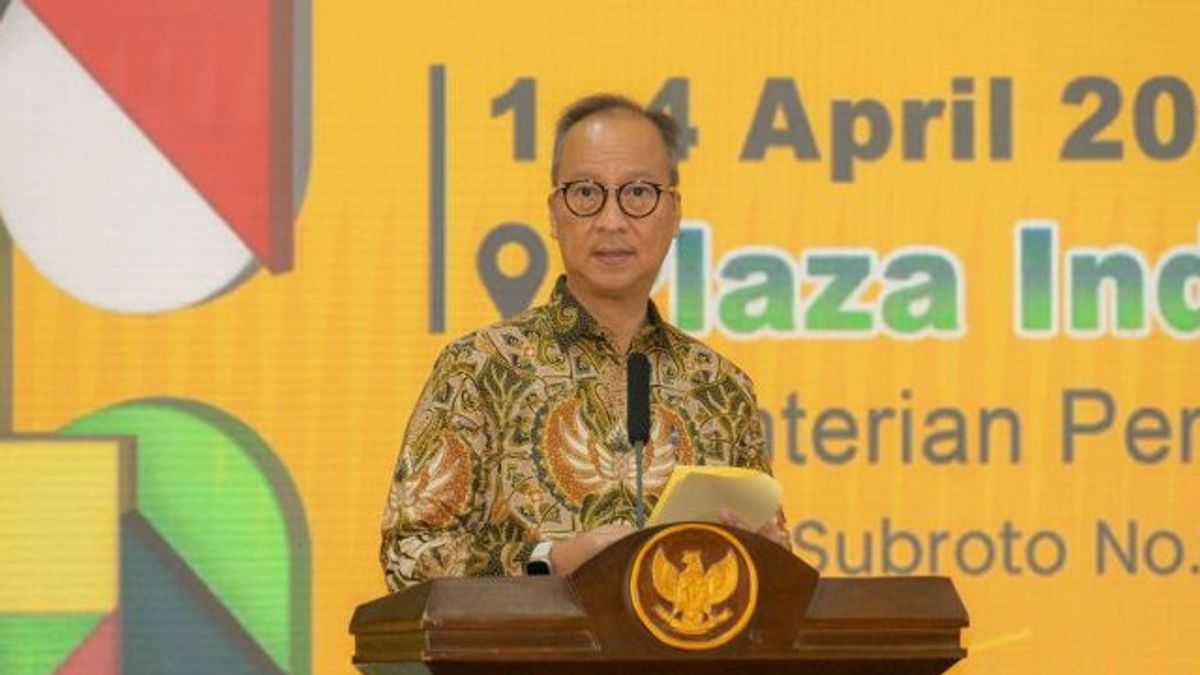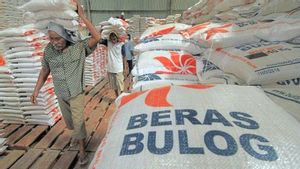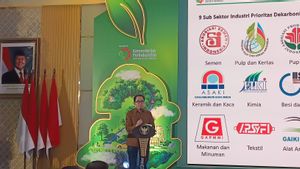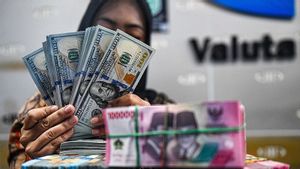The Ministry of Industry (Kemenperin) has prepared incentives for importing industrial raw materials originating from the Middle East to secure the industrial sector from the volatile world geopolitical situation.
Minister of Industry Agus Gumiwang Kartasasmita in Jakarta, Thursday 18 April said the incentives were mainly given to upstream chemical producer industries that import most of the naphtha, and other chemicals from the area.
He considered that there were three things that were affected by the current world geopolitical situation, namely increasing energy prices, increasing logistics costs, and strengthening the US dollar exchange rate. This is a consequence that is part of the world's supply economy and chain.
"Currently, the Ministry of Industry is trying to map solutions to secure the industrial sector from the impact of the ongoing conflict," he said, quoted from Antara.
The Minister of Industry said that the relaxation of imports of certain raw materials is also needed to provide convenience in obtaining raw materials, considering that other countries are also competing to get alternative suppliers to meet the needs of industrial raw materials.
In addition to providing incentives for imports of raw materials, his party also accelerates steps to deepen, strengthen, and spread industrial structures. This aims to improve the import substitution program that needs to be supported by tightening the provisions of the Domestic Component Level (TKDN), in order to anticipate the transfer of trade (excess trade diversion) from other countries to Indonesia.
In addition, according to him, currently, this is also the right moment for the industrial sector to get certainty about the sustainability of the implementation of the Certain Natural Gas Price (HGBT) policy.
He assessed that the risk of increasing energy prices could affect the decline in productivity and competitiveness of industrial sub-sectors. Therefore, the HGBT policy is very much needed to increase production competitiveness.
Furthermore, the Minister of Industry revealed that the proposal to increase the use of local currency (local currency transaction) for bilateral transactions carried out by business actors in Indonesia and partner countries is needed to reduce foreign currency dependence.
SEE ALSO:
"This step is to reduce dependence on hard currencies, especially USD, considering that the economy and trade volume between Asian countries continue to increase, as well as to increase the stability of the rupiah exchange rate," he said.
However, the Minister of Industry assured that the condition of the Indonesian industrial sector in the midst of geopolitical turmoil in the world is currently still calm and controlled.
"Business actors do not need to worry about this condition. Indonesia has strong economic fundamentals and the Government is trying to prepare strategic policies to protect the industrial sector," said the Minister of Industry.
The English, Chinese, Japanese, Arabic, and French versions are automatically generated by the AI. So there may still be inaccuracies in translating, please always see Indonesian as our main language. (system supported by DigitalSiber.id)
















